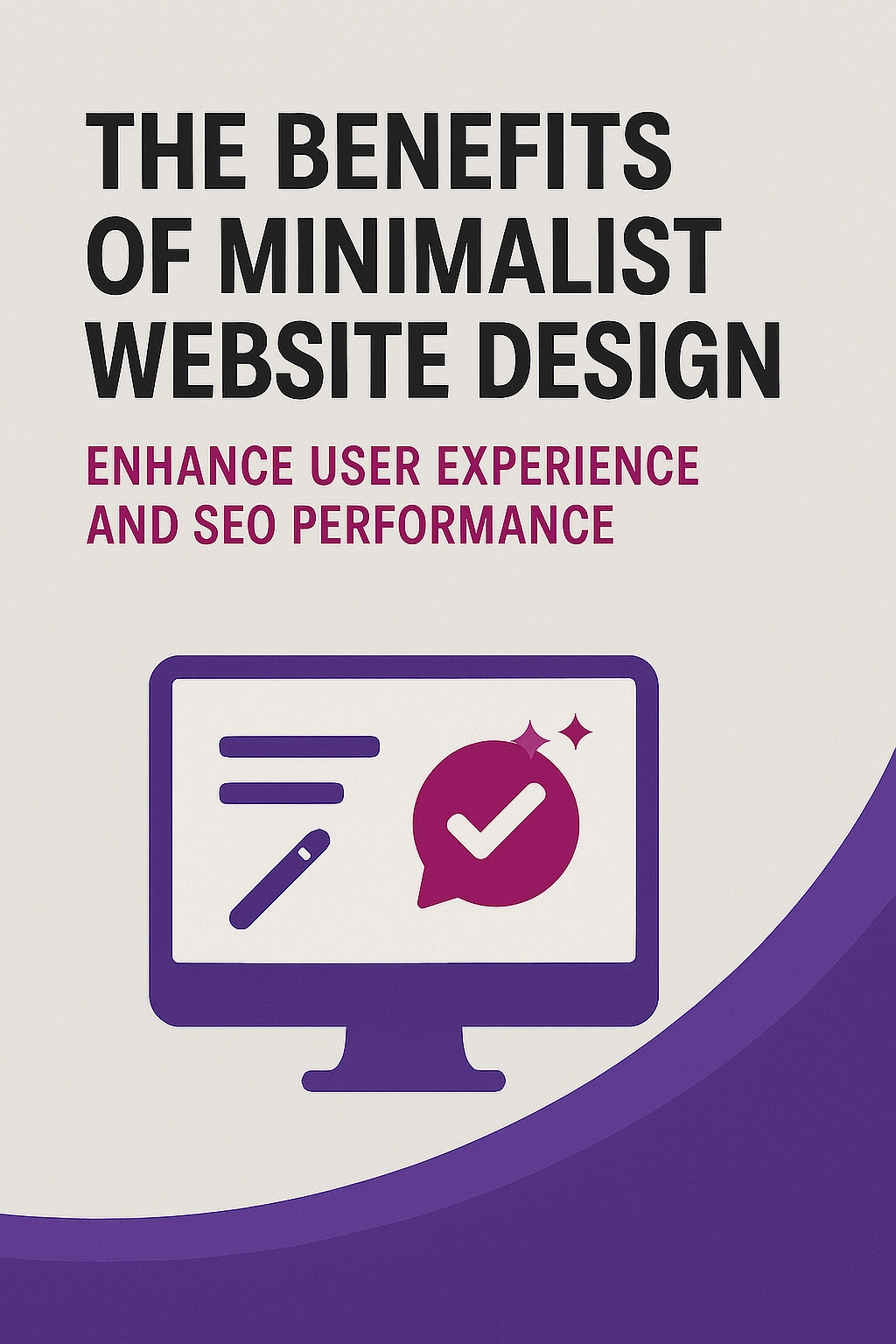
The Importance of Clear Website Navigation Enhancing User Experience and Conversions
Clear website navigation improves user experience, reduces bounce rates, and increases conversions. Learn how to structure your site for success.
In today’s digital world, Page Loading Speed is more than just a technical consideration—it’s a critical factor that can determine your website’s overall success. At We Do The Web Digital Marketing Agency, we understand the importance of creating seamless, user-friendly online experiences. A slow-loading website not only frustrates users, but it can also cost you valuable conversions, damage your brand’s credibility, and even affect your search engine rankings. Let’s explore why page loading speed matters and how it can make or break your site’s performance.
Page loading speed refers to the time it takes for a web page to fully load and become interactive. In an era where every second counts, research shows that a delay of just one second can result in a 7% reduction in conversions. Imagine losing potential customers because your page fails to load quickly! In today’s climate of instant gratification, visitors are quick to abandon websites that do not respond rapidly.
Beyond the impact on user experience, Page Loading Speed plays a pivotal role in search engine optimisation (SEO). Google considers speed as one of its ranking factors; hence, if your website loads slowly, it may be pushed further down the search engine results pages (SERPs). In short, a fast website is not just about keeping users happy—it’s also about making sure your content reaches as many people as possible.
A website that loads slowly can leave visitors frustrated and impatient. Studies indicate that over 40% of users will abandon a website that takes longer than three seconds to load. A slow site not only leads to higher bounce rates but also reduces the number of pages viewed per session. The result? A diminished user experience that ultimately undermines your brand’s reputation.
Time is money. Every moment a page takes to load is an opportunity lost. Whether your goal is to capture leads, sell products, or encourage newsletter sign-ups, delays in page loading can make users lose interest. A fast-loading website keeps visitors engaged and increases the likelihood they will complete the desired action, thereby boosting your conversion rates.
Search engines reward websites that offer a swift user experience. Fast websites are more likely to rank higher in search results, which translates into increased visibility and organic traffic. Conversely, if your website is slow, it might be penalised by search engines, making it more difficult for potential customers to find your business online.
With the surge in mobile device usage, the importance of Page Loading Speed is further amplified. Mobile users expect fast, efficient loading times and are even more likely to abandon slow websites. Google’s mobile-first indexing reinforces the need for fast-loading mobile sites, ensuring that your website caters effectively to users on all devices.
Now that you understand the importance of a fast website, let’s dive into some practical strategies to improve Page Loading Speed:
Large, unoptimised images are often the chief culprits behind slow loading times. Compress images using tools like TinyPNG or ImageOptim without sacrificing quality. This small change can have a significant impact on your site’s performance.
Caching involves storing copies of static files locally on users’ devices. By doing so, returning visitors won’t have to download the same elements repeatedly, which reduces server load and speeds up page rendering.
Each element on your page—whether an image, script, or stylesheet—requires an HTTP request to load. Reducing the number of elements on your page can decrease the number of HTTP requests, leading to faster load times.
A CDN stores copies of your website on multiple servers across various locations. This means users can load your content from the server nearest to them, dramatically reducing latency and improving overall speed.
Gzip compression reduces the size of your website’s files by compressing them before they’re sent over the network. This makes downloads quicker and, in turn, improves your page loading speed.
Minifying your code—removing unnecessary spaces, comments, and characters—can reduce file sizes. Tools like UglifyJS for JavaScript and CSSNano for CSS can streamline your code, making your pages load faster.
Your hosting provider plays a critical role in determining your website’s performance. Opt for a hosting service known for speed, reliability, and excellent support to ensure your site remains responsive.
It is essential to monitor your website’s speed regularly. Use tools like Google PageSpeed Insights, GTmetrix, and Pingdom to assess your site’s performance. These tools not only provide an overall speed score but also highlight areas where improvements can be made. Continuous monitoring helps you track progress and make informed decisions to maintain optimal performance.
For further insights into improving your website’s speed and overall performance, consider reading Google’s Webmaster Guidelines on page speed. This resource provides detailed, actionable advice on optimising your website effectively.
In today’s competitive online landscape, Page Loading Speed can make or break your website’s success. A fast-loading site not only enhances user experience but also improves SEO rankings and conversion rates. At We Do The Web Digital Marketing Agency, we specialise in optimising websites for speed and performance—ensuring that your visitors enjoy a seamless, fast, and engaging experience every time they visit.
If you’re ready to boost your website’s performance and ensure it loads quickly for all users, contact us today. Let our team of experts help you turn speed into your competitive advantage.

Clear website navigation improves user experience, reduces bounce rates, and increases conversions. Learn how to structure your site for success.

Discover proven conversion rate optimisation tips to improve user experience, boost engagement, and turn more website visitors into customers.

Discover how minimalist website design can enhance user experience, improve SEO performance, and help your business stand out online.
We create a presence that’s alive, active, and unmistakably you.
array(1) {
["code"]=>
string(9) "EgWq94S8t"
}
Array ( )$successArray
Array ( )